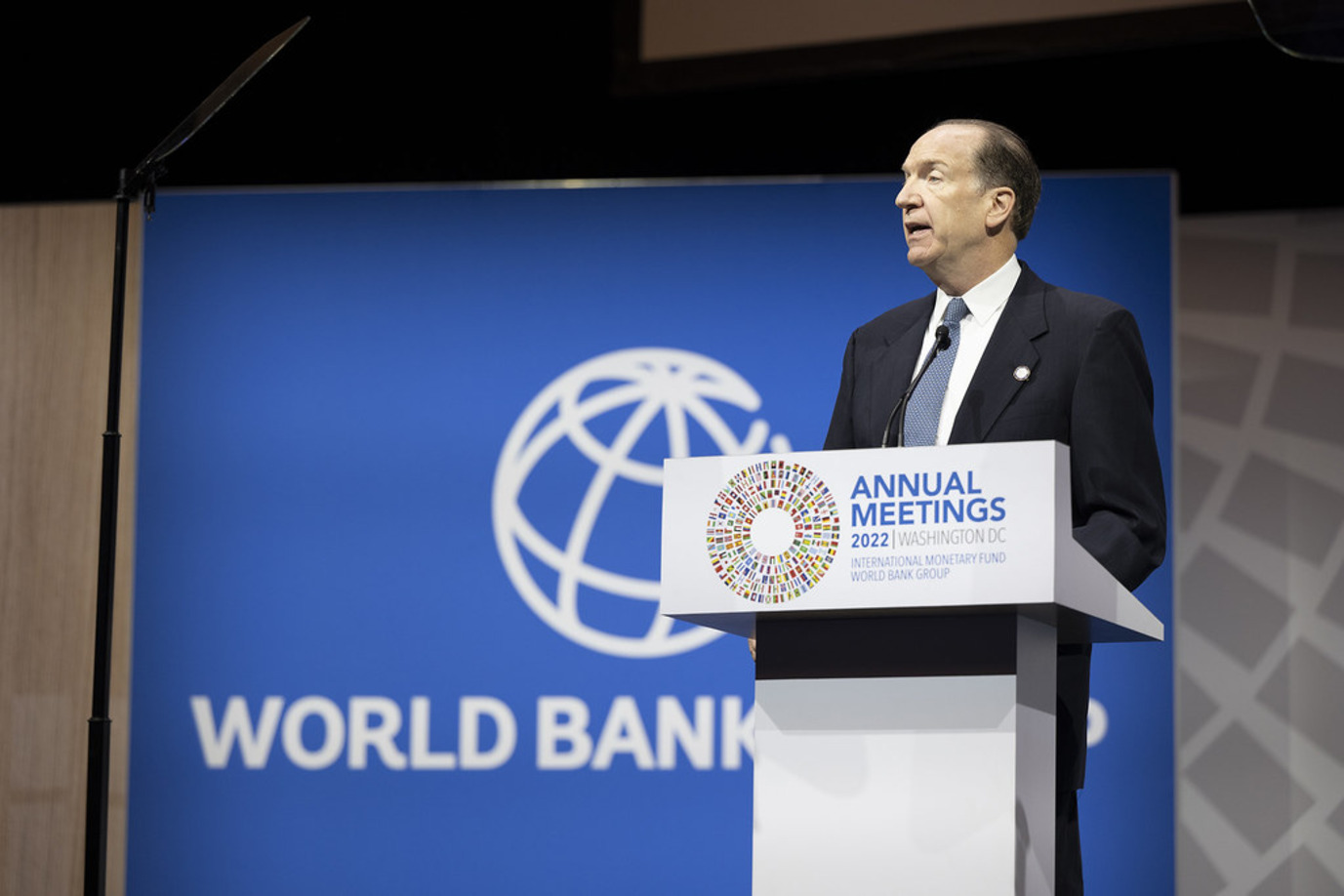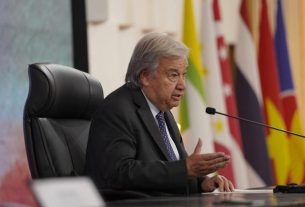Chile has received $5.1 million from the World Bank’s Forest Carbon Partnership Facility (FCPF) as part of an agreement to reduce carbon emissions by 1.03 million tons through sustainable forest management practices. This funding marks a significant milestone in the country’s efforts to address climate change and forest degradation.
Emission Reductions Program
The program, which is focused on six climate-vulnerable regions of Chile—Maule, Ñuble, Biobío, La Araucanía, Los Ríos, and Los Lagos—aims to reduce emissions from deforestation and forest degradation, which threaten nearly half of the nation’s forests. These areas are increasingly impacted by wildfires, droughts, and desertification, making the initiative critical for both environmental and social resilience.
This initiative could unlock up to $26 million in future payments for an anticipated 5.2 million tons of emissions reductions, with additional financial support from the Green Climate Fund.
Inclusive Climate Action
A core feature of Chile’s program is its commitment to inclusivity. The initiative prioritizes support for women, Indigenous communities, and small property owners, ensuring that vulnerable groups share in the benefits of sustainable forest management. Aida Baldini, Executive Director of Chile’s National Forestry Corporation, emphasized that the funding validates the country’s dedication to combating the climate crisis and reinforces conservation efforts while assisting affected communities.
Broader Impact and Future Goals
The program is part of a broader strategy to combat desertification, forest degradation, and the impacts of climate change through integrated approaches that promote both environmental and social resilience. Chile’s Minister of Agriculture, Esteban Valenzuela, highlighted that the nation’s commitment to decarbonization includes adopting sustainable agricultural practices, protecting its forests, and encouraging the use of efficient technologies.
This initiative serves as a model for other countries seeking to reduce emissions and enhance climate resilience through forest conservation efforts.
The Role of the Forest Carbon Partnership Facility
The FCPF has played a key role in supporting Chile’s program and has previously helped 15 other countries achieve large-scale emissions reductions. To date, the FCPF has facilitated the reduction of over 105 million tons of emissions and distributed more than $164 million in performance-based payments.
Chile’s partnership with the World Bank and the FCPF highlights the increasing importance of forest management in global climate strategies, demonstrating how sustainable practices can contribute to both environmental protection and community development.
Image by World Bank Group on Flickr: CC BY-NC-ND 2.0



